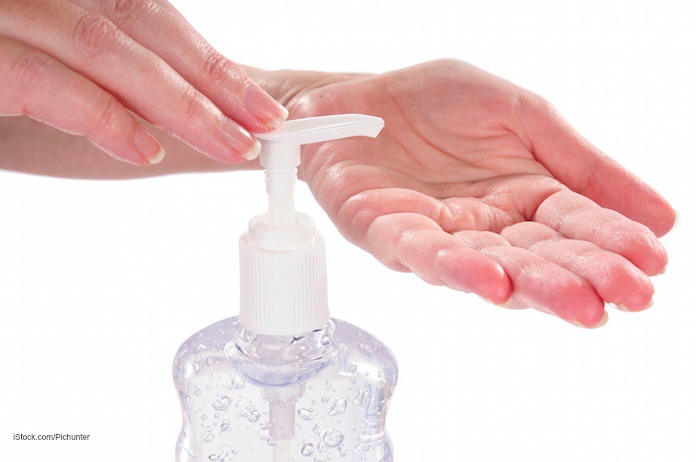Back in March 2020 at the beginning of the COVID-19 pandemic, the FDA issued temporary guidelines for companies to manufacture hand sanitizers because high consumer demand led to shortages. Manufacturers who were not drug manufacturers at the time could use those policies to make these products. The Food and Drug Administration (FDA) has withdrawn temporary hand sanitizer manufacturer guidelines since shortages of those products is over.

The production of hand sanitizers did increase, but a slew of recalls had to be issued, because some of the newly manufactured products contained substances not intended to be used in hand sanitizers, such as methanol, wood alcohol, and benzene. FDA guidance did not allow the use of those ingredients in the sanitizers. And the FDA placed all hand sanitizers imported from Mexico on import alert on January 27, 2021 because of this issue.
Hand sanitizers should only contain ethanol or isopropanol. The addition of methanol made these products potentially deadly to anyone who accidentally ingested them, or alcoholics who drank the substances, and that chemical is toxic when absorbed through the skin.
In fact, four Americans did die after drinking methanol-containing hand sanitizers, and three people suffered visual impairment. Six people reported having seizures.
As of December 31, 2021, companies manufacturing alcohol-based sanitizers under the temporary policies must cease production of these products. If corporations want to continue producing hand sanitizer, they must abide by FDA’s Current Good Manufacturing Practice requirements, and must comply with the tentative final monograph for over-the-counter topical antiseptics.
Now that the FDA has withdrawn temporary hand sanitizer guidance, the agency will help companies who do not intend to produce more sanitizing products de-register, and will also assist those who continue to make these products comply with requirements and laws.




